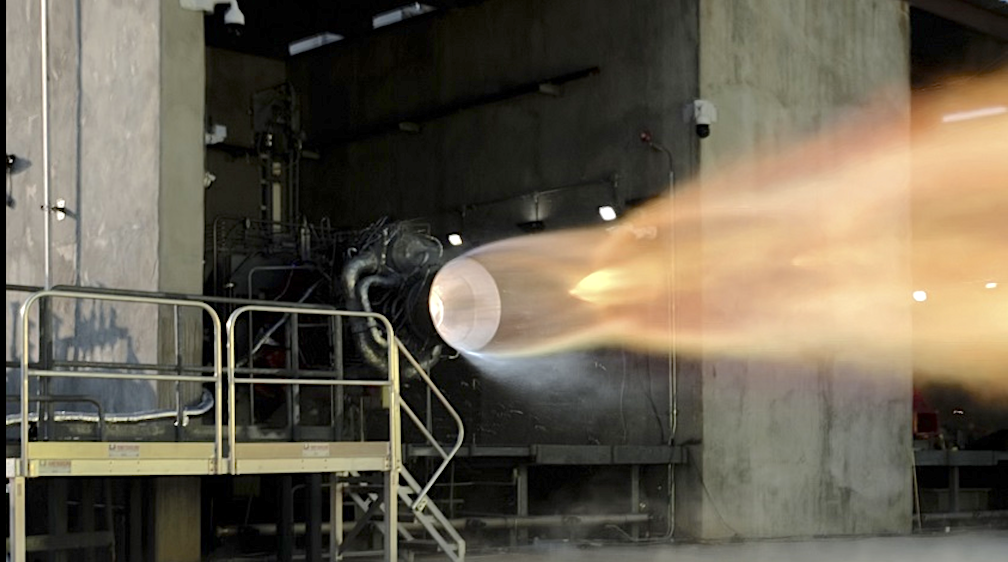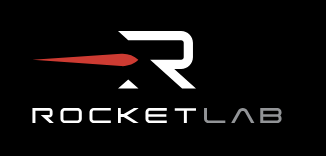

Rocket Lab USA, Inc. (Nasdaq: RKLB), provider in launch services and space systems has successfully hot fired its new rocket engine Archimedes for the first time, reaching a critical technical milestone toward first launch of the Company’s new medium-lift rocket, Neutron.
Rocket Lab’s engineers completed the hot fire test at the Company’s Engine Test Complex within NASA’s Stennis Space Center in Hancock County, Mississippi, in August 2024. Archimedes performed well and ticked off several key test objectives, including reaching 102% power, anchoring the engine’s design ahead of Neutron’s first flight scheduled for mid-2025 — a schedule that would make Neutron the fastest a commercially developed medium-class launch vehicle has been brought to market. With the hot fire complete and full qualification campaign now underway, the Rocket Lab team is moving into full production of flight engines.
Rocket Lab founder and CEO, Sir Peter Beck, says, “Hot firing Archimedes is a major development milestone for Neutron and our team has done it on an accelerated timeline. Taking a new staged combustion liquid rocket engine from cleansheet design to hot fire in just a couple of years is industry-leading stuff. We’ve been consistently impressed with the performance of Archimedes in test, including with this hot fire, so with this critical milestone completed, we move into production of flight engines confidently and begin to close out the qualification test campaign in parallel to really hone performance for launch next year. From the day we started designing Archimedes we focused on delivering a flight engine, rather than early-stage prototype destined for multiple reworks and adjustments, so it’s gratifying to see this strategy bear fruit.”
The Archimedes engine will power Rocket Lab’s new reusable medium-lift rocket Neutron, a next-generation challenger to deliver a cost-effective, reliable, and responsive launch service for commercial and government missions. The advanced design of Neutron includes carbon composite for all of the rocket’s major structures and an innovative upper stage that enables high-performance for complex satellite deployments, including the deployment of satellite mega-constellations.
The Archimedes engine is an oxidizer rich staged combustion cycle engine that will power the reusable first stage of Neutron and the new rocket’s second stage that is designed to carry up to 13,000 kilograms of payload to space. Capable of producing up to 165,000 (733 kilonewtons) pounds of thrust per engine, Archimedes operates at lower stress levels than other rocket engines to enable rapid and reliable reuse. The combined thrust of nine Archimedes engines for Neutron’s first stage is designed to reach 1,450,000 lbf total. Archimedes uses a cryogenic propellant mix of liquid oxygen and LNG to enable higher reuse and performance, and many of its critical components are 3D printed including Archimedes’ turbo pump housings, pre-burner and main chamber components, valve housings, and engine structural components.
The production of the Archimedes engines takes place at Rocket Lab’s Engine Development Complex at its headquarters in Long Beach, California.
